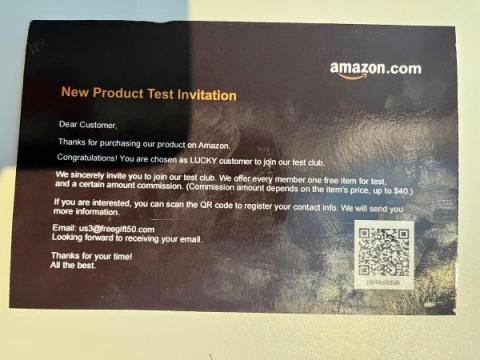Banking Detail Malvertising Attack Disguises Itself as a Foolproof USPS Google Ad
A new scam aimed at stealing your credit card and banking information has reared its’ ugly head as a completely legitimate ad that is likely to be clicked based on the corresponding search term. If you type in “USPS Tracking” in Google, you probably want to enter a U.S. Postal Service tracking number so you can see where your package is, right? So, if you saw the following result, would you give it a second thought? Source: Malwarebytes.



